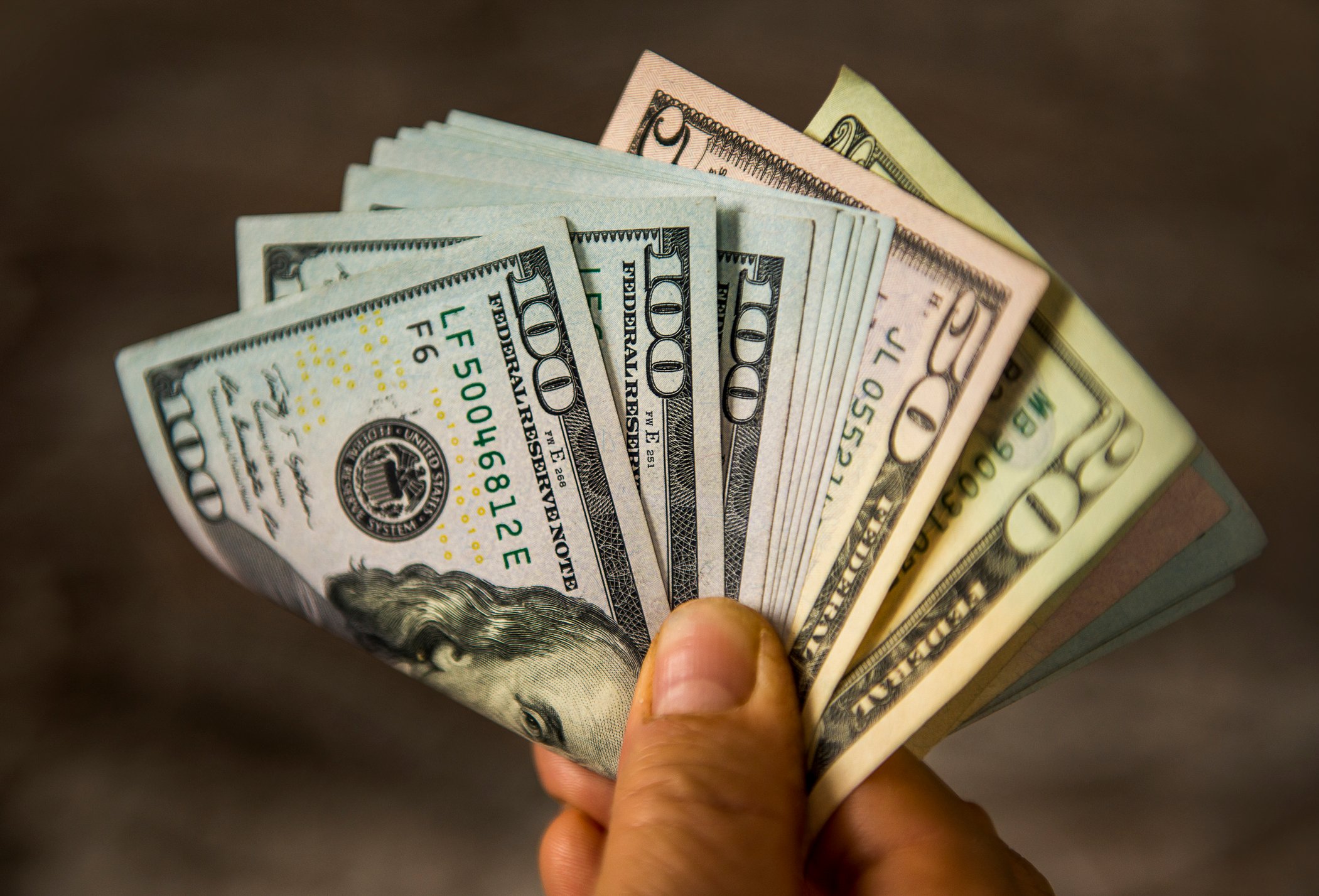If you're an investor, seemingly every day has been a bit of an adventure over the past four months.
For the latter part of February and most of March, uncertainties tied to the coronavirus disease 2019 (COVID-19) pandemic pushed more than 41 million people out of work (according to initial jobless claim flings) and wiped out more than a third of the S&P 500's value. Even for tenured investors, the swiftness of this decline was an eye-opener.
However, over the past 11 weeks, the stock market has done a 180 and regained more than 80% of what was lost. In fact, the technology-heavy Nasdaq Composite recently hit an all-time high, despite a 13.3% unemployment rate and the Atlanta Federal Reserve's projection of a real decline in gross domestic product of 53% in the second quarter.

Image source: Getty Images.
Retirees can find growth and income beyond the usual list of suspects
Such turbulence in equities can be concerning to all investors, but it's likely especially worrisome for retirees. With our nation's retired workforce living longer, it's no longer sufficient to simply stuff cash under the mattress and hope it doesn't run out. Many seniors realize that, in order to preserve their way of life during retirement, they must continue to invest well into their golden years.
For seniors, more so than any other group of investors, capital preservation is of the utmost importance, as is income generation. Therefore, you'll often find that retired workers have chosen to invest in brand-name companies that have long streaks of increasing their dividends, such as Coca-Cola, AT&T, and Johnson & Johnson. It's a perfectly sound strategy that, over the long haul, can generate significant income and steady wealth appreciation.
But the stock investing universe has so much more to offer retirees beyond just the same 25 to 50 recycled brand-name stocks. In my opinion, the following three under-the-radar stocks should be owned by every retiree but are probably owned by only a few.

Image source: Getty Images.
Broadcom
One thing retirees should understand is that they don't need to be averse to tech stocks. Though tech stocks were not known for their dividend payments decades ago, retirees today can pick up a wide variety of market-topping and even high-yielding tech stocks with superior growth prospects. That's why chipmaker Broadcom (AVGO 0.07%) should be in seniors' portfolios.
Approximately three-quarters of Broadcom's annual sales comes from chips used in smartphones. That's going to be key to the company's steady growth rate as telecoms have begun upgrading their infrastructure to 5G. We haven't witnessed a major wireless infrastructure upgrade in about a decade, which suggests that we'll see a multiyear tech upgrade cycle for consumers and enterprises. As a clear leader in smartphone components, and given its sheer scale, Broadcom should be a major beneficiary.
The remainder of Broadcom's revenue derives from connectivity and access chips, which are used in enterprise data centers, among other things. As the work-from-home business model continues to gain steam due to COVID-19, demand for data center servers should remain strong.
And did I mention that, over the past 10 years, Broadcom has grown its quarterly dividend by more than 4,500% to $3.25 per share from $0.07? At 4.1%, Broadcom's yield is close to double that of the S&P 500.

Image source: Getty Images.
York Water
I've previously referred to water utility and wastewater provider York Water (YORW 0.45%) as "The Greatest Dividend Stock You've Never Heard Of." Even though York's current yield of 1.5% may not sound all that enticing, you should know that York has been paying a continuous dividend since 1816. This streak of paying a dividend to its shareholders for the past 204 years is more than 60 years longer than the next-closest publicly traded company, Stanley Black & Decker.
One of the key reasons York Water has been such a success story is the fact that water utilities are often monopolies or oligopolies in the cities and counties they operate in. Since consumers often have very little choice when it comes to their water and wastewater provider, York has very little concern about customer churn and typically has very clear outlook visibility.
Along those same lines, water is basic-need good. Despite recessions and stock market corrections being part of the economic and investing cycle, water consumption doesn't tend to change noticeably due to economic fluctuations. This provides another layer of cash flow visibility for York Water.
Additionally, York's water business is regulated by the Pennsylvania Public Utility Commission. While this does mean the company has to seek approval from the Utility Commission before raising its prices, it also removes the possibility of price fluctuations tied to wholesale pricing.

Image source: Getty Images.
Innovative Industrial Properties
Do you know how many oddball looks I'd get if I told senior citizens to invest in a marijuana stock? But that's exactly what they should do.
Innovative Industrial Properties (IIPR +0.12%) is a cannabis stock, but not in the traditional sense of the word. It's a real estate investment trust (REIT), which means it acquires cultivation and processing assets in the United States in the hope of leasing these properties out for a long period of time. It's the exact same idea as other REIT models, such as apartments, mall-based retail, and healthcare. The only difference is there's a focus on marijuana-related assets with IIP.
After beginning 2019 with 11 properties in its portfolio, Innovative Industrial Properties now owns 56 assets in 15 states. You could certainly say it's been a busy bee over the past 17-plus months. Of these properties, the average-weighted remaining lease length is 16 years, with the company last publishing an average yield on invested capital north of 13% during the first quarter. Put in another context, IIP may be able to net a complete payback on its invested capital in less than six years.
On a per-share basis, IIP also happens to be the most profitable pot stock, primarily due to its role as a provider of sale-leaseback agreements? Given the relatively low costs associated with operating a REIT (save for initial property purchases), and the fact that maintaining its status as a REIT requires it to return the vast majority of its earnings to shareholders in the form of a dividend, IIP's current yield of 4.3% is tops in the cannabis industry.








